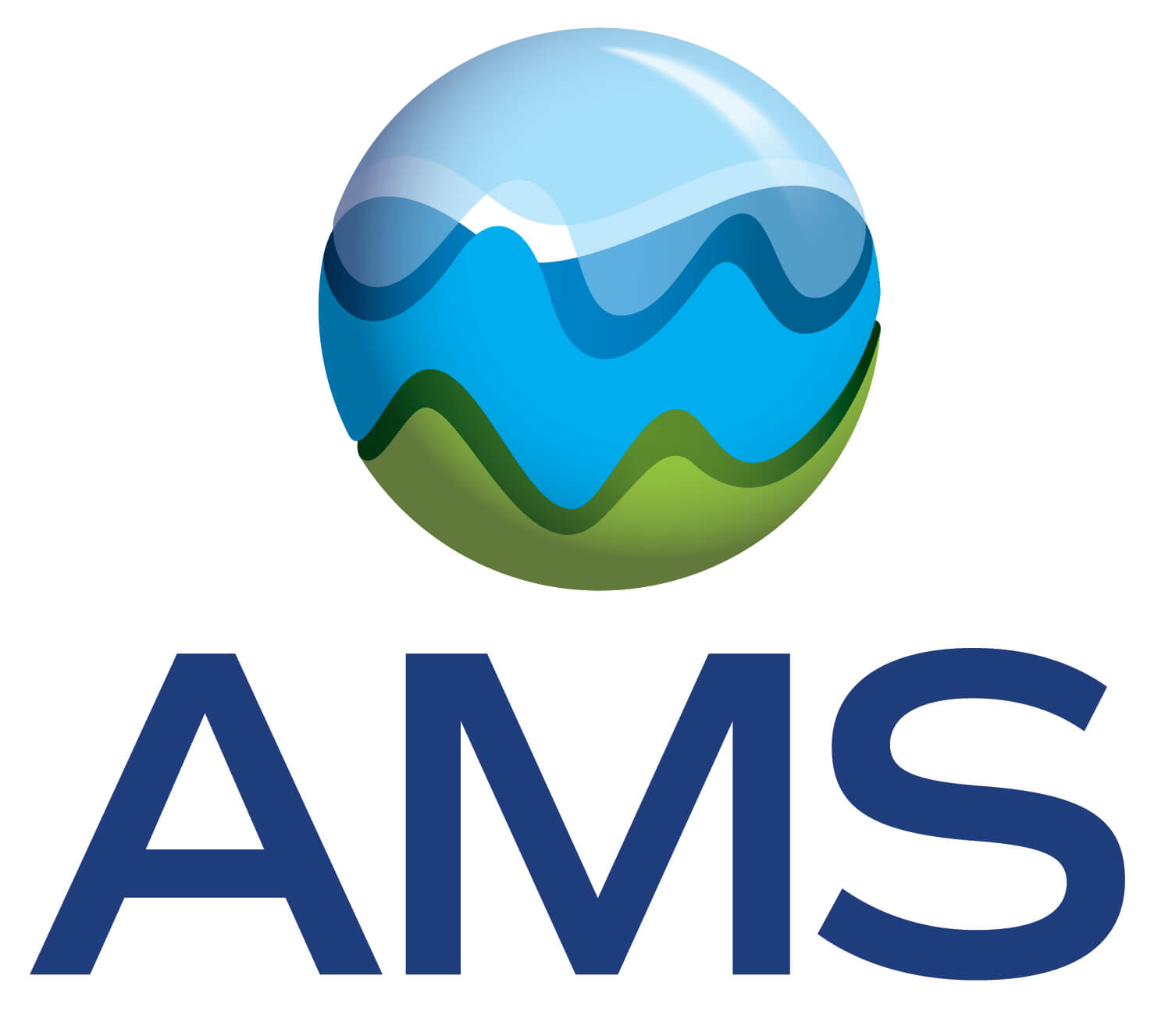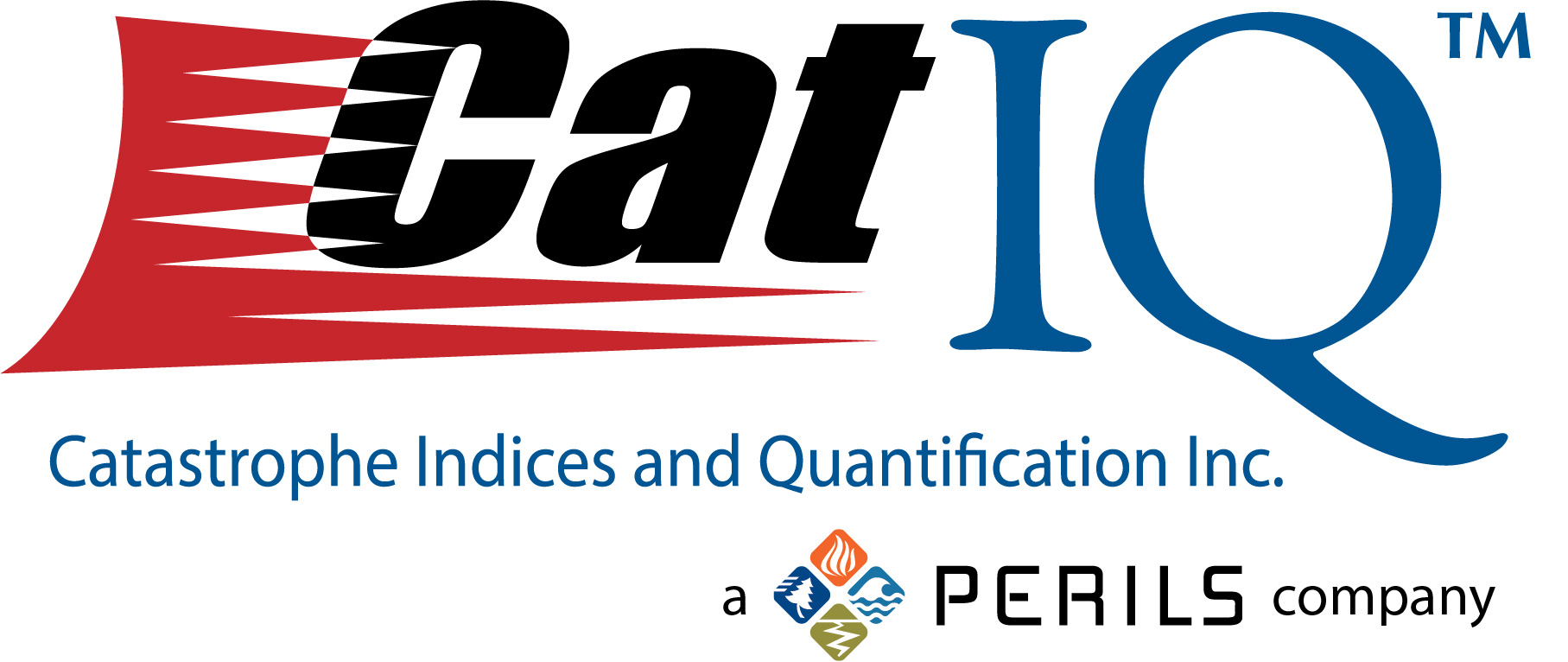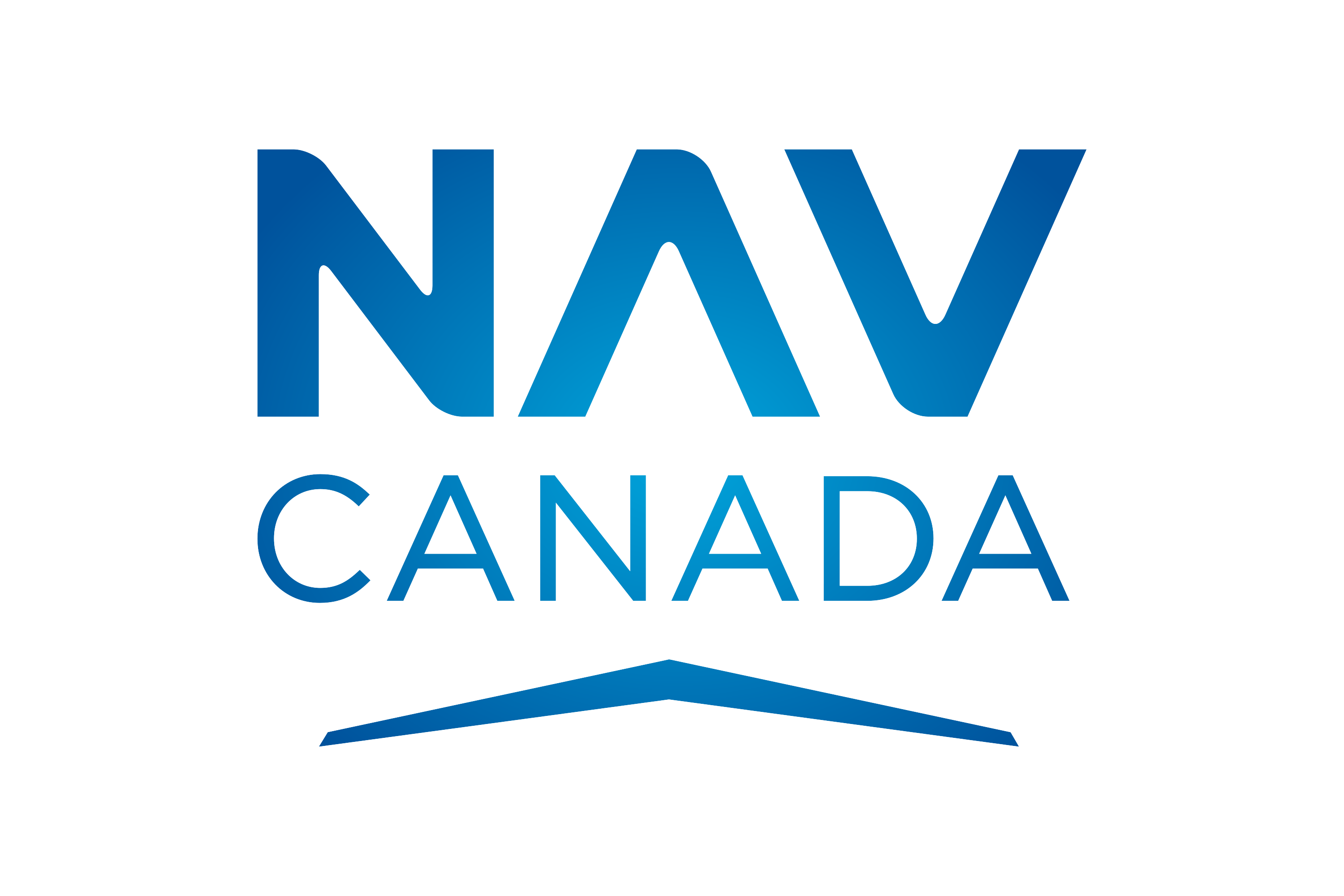Subject: Jobs
Overview
Our industry advisory panel anticipates the following career paths for new BSc graduates as well as for practicing meteorologists desiring retraining:
• environmental / air-quality consultants
• renewable-energy meteorology experts
• environmental machine/deep-learning analysts
• big-data / climate-data analysts
Employment of atmospheric scientists, including meteorologists, is projected to grow 4% to 5% percent from 2022 to 2032 in the USA, which is faster than the average (3%) for all occupations.
Regarding jobs with government, Environment and Climate Change Canada (ECCC) is currently hiring meteorologists at the highest rate in a couple decades, due to the retirement of large numbers of senior meteorologists. Provincial agencies related to topics such as Environment, Health, Climate, Wildfires, Sustainability, Stewardship, Resources and others also hire atmospheric scientists occasionally. An overview of government forecaster jobs in Canada is at https://www.eco.ca/career-profiles/meteorologist/ .
Here is a comparison of salaries for ECCC meteorologists vs. other scientific careers (Nov 2024, as compiled by Doug McCollor). ECCC created a wonderful video (2024) explaining some of the opportunities for meteorological careers in Canada.
Job prospects for atmospheric scientists will continue to be very good in private industry. As this MetEd/COMET YouTube playlist (2024) shows, private-sector meteorology includes fields such as agriculture meteorologist, supply-chain met., transportation met., energy met., insurance/risk met., transportation and road weather, commodities and energy trading met., government policy advising, forensic met., TV met. and much more. Some private consulting companies employ teams of meteorologists to assist with Environmental Assessments and Environment Impact Statements before construction of major infrastructure (factories, wind farms, roads, etc.). Another job path is with the airlines, where 20,000 new pilots will be needed each year for the next 20 years*.
Prof. Stull maintains an ATSC Jobs email list, and forwards job-opening info to those current and former UBC students who told Stull to add them to the email list.
Jobs Skills often desired by private industry:
Besides meteorological knowledge, the 6 most critical skills listed by private-industry meteorologists in the USA are:
- Communication skills (speaking, writing)
- Critical thinking and problem solving skills
- Project management skills
- Interpersonal skills (i.e., how to work with a diverse group of people)
- Leadership skills
- Data and programming skills
In Canada, the Private Sector Committee of CMOS recommends the following skills in addition to meteorological knowledge:
Essential:
- Teamwork
- Communication
- The following computer skills:
- Python programming, especially experience using visualization packages like cartopy, matplotlib, and metpy (or similar). Also, knowledge of machine learning/AI packages like tensorflow, keras, or scikit-learn, etc.
- Knowledge of unix environments (e.g. linux or mac command-line terminal commands).
- Numerical weather prediction and its data formats (e.g. grib, netcdf, etc).
Nice to have (chosen based on intended career path):
- GIS/cartography
- Stats
- Cloud computing (e.g. AWS/Google Cloud/Azure)
- Web development (e.g. javascript/html/css)
- Social media/communications
- Other programming languages can be useful, but increasingly python can do everything, or can be used as a wrapper for other languages when needed.
Note that programming/scripting languages such as those listed above will often learned throughout your UBC degree through various lectures/labs, or by self-learning!
Some coding skillsets can also be learned from the following archived course: ATSC 212 (Earth and Atmospheric Science Intro Computing Lab).
For those of you wanting to strengthen your communication / presentation skills, if you cannot take a course that gives you the needed experience, consider joining ToastMasters, a nonprofit educational organization that builds confidence and teaches public speaking skills.
Summer and Co-op Jobs
Some of the skills listed above can be gained by working in summer jobs related to meteorology. In Canada, the government "WorkLearn" program helps employers to hire students by partially covering the worker's salary. For info on co-op jobs, refer to Science Co-op and/or Applied Science (Engineering) Co-op for further details on job prospects during your undergraduate studies. https://sciencecoop.ubc.ca/prospective/apply/atmospheric
The Canadian federal government also offers co-op-like jobs to current students, via their Federal Student Work Experience Program (FSWEP) . This includes jobs with ECCC as well as with other federal agencies.
Entrepreneurship - Starting your own company
Refer to this 2023 report from the American Meteorological Society
.
Below is an incomplete list of companies and agencies that hire meteorologists in Canada.
.
Federal Government Jobs
.
Professional Societies with Job Listings for National Weather & Environment
| Society |
Job Type* |
Skillset Experience /
Recommended Courses |
Links |

Eco Canada |
Environmental jobs related to consulting, engineering with different topics |
Becoming a researcher under atmospheric science would incorporate much time in understanding weather
patterns and gaining technical skills in observational forecasting.
For ATSC majors, research work is incorporated throughout your degree. A great example of such a required course
would be
ENVR 300. From collecting data to presenting an
effective model, the environmental research course encorporates a base understanding in conducting effective research.
This career pathway is especially recommended for those preparing for further research through graduate school.
Valid fifth-year courses that pertain to direct study / research is a great additional step for undergraduates willing to go
into the research work to graduate school route!
Field-work courses such as GEOS 309 is another great example for students willing to learn mapping techniques through data analysis
and field sampling. Such courses can be extremely useful for any career with hands-on research.
|
Careers Page
|

American Meteorological Society (AMS) |
Meterological research positions / internships |
Career Resource Page
|

Royal Meteorological Society (RMetS) |
Meterological research positions / internships |
International Jobs Board
USEFUL Videos Regarding Skills and Careers in Meteorology
|

Canadian Meteorological and Oceanographic Society |
Meteorological and ocenographic careers ranging in various expertise level |
Careers Page
|
.
Provincial Goverment Jobs
| Agency |
Job Type* |
Skillset Experience /
Recommended Courses |
Links |

Alberta Ministry of Environment and Sustainable Resource Development
|
Air Quality Specialist
|
To ensure that emissions and airborne pollutants do not violate air pollution laws, air quality specialists
could use testing equipment to conduct field tests, examine numerical data, and plan air quality regulations.
ATSC 303 would be the required course
to adequately solidify your knowledge surrounding various weather instruments.
For ATSC students looking to fulfill their electives,
GEOS 402
(Air Pollution Meteorology) is a very useful course that heavily pertains to air quality monitoring,
pollutant dispersion models, and the overall nature of atmospheric pollutants. Please ensure accurate planning as this course is not offered every winter year.
|
Alberta Ministry Careers Page
|
.
Industry Jobs, including Consulting Companies, TV, and Radio Jobs
| Company |
Job Type* |
Skillset Experience /
Recommended Courses / Additional Info |
Links |

ATS Services Ltd |
Aviation related meteorology |
Please refer above to the column of "Nav Canada" for useful skills and links to resources. |
ATS Careers
|

The Weather Network |
Broadcast Meteorologist and Science Specialist
|
There is a green screen available in the EOAS building
for broadcast practice. Communication and public-speaking skills are a must. Being comfortable in front of the camera is an asset, and this could be built
from self-practice.
Joining clubs such as the
Storm Club
and being in a public-speaking position can also headstart your broadcasting journey!
|
The Weather Network
Job Search
|

CBC Canada |
CBC Careers
|

Stantec |
Consultancy Engineering related to Meteorology and Climatology |
|
Stantec Careers
|

WSP E & I Canada Limited |
Consultancy Engineering related to Meteorology and Climatology |
|
WSP Careers
|

Chelsea Avondale |
Natural disasters risk modelling (insurance), research scientist
|
|
Homepage
Careers
|

Instant Weather Inc |
Meteorology, communication and development
|
|
Meet The Team
Contact
|

Cat IQ |
Extreme weather risks and assesments (insurance) |
Catastrophe Indices and Quantification Inc. (CatIQ) delivers detailed analytical and meteorological information on Canadian natural and human-made catastrophes to the re/insurance industry. |
Contact
|

Weatherlogics |
Meteorology and software developing |
Weatherlogics is a Canadian-based weather forecasting and technology company. Opportunities include operational meteorology, atmospheric research, and scientific software development (mostly python). Summer positions are also available for atmospheric science students. |
Careers Page
|

RWDI Consulting Engineering and Scientists |
Consultancy engineering related to Meteorology and Climatology
Air Quality Director |
|
Careers Page
The different meteorologically related services that RWDI provides:
Weather Forecasting, Meteorology and Climate Services
Ambient Air Quality Monitoring
|

SLR Consulting Canada |
Consultancy engineering related to Meteorology and Climatology
Air quality management |
|
Careers Page
Air Quality Service
|

EPRI |
Forecasting research / climate analyst, supports staff located across the U.S. and Canada |
|
Careers Page
|

Dillon Consulting |
Environmental scientist, climate change researcher |
|
Careers Page
Instagram Page
|

Ausenco |
Sustainability engineering firm that hires air quality and noise specialists for various projects |
|
Careers Page
Projects in Atmospheric Science
|
.
Academic Jobs
For current undergrad students, there are summer-full-time and winter-part-time jobs available to work with professors on their research projects. These Undergrad Research Assistant (URA) jobs could be funded by professor's research grants, co-op programs, and WorkLearn government funding. None of those funding sources are steady -- they all depend on funding/grant proposals written by the professors. So if you would like an academic job as an undergrad student, then let your wishes be known to those professors who often hire undergrads. Qualifications are usually high grades, and completion of computer-programming courses and ATSC 201. There are also Undergrad Teaching Assistant (UTA) part-time jobs that come available to help grade assignments, but usually grad students are given priority for TA jobs.
For students with a BSc in Atmospheric Sciences, there are virtually no academic jobs. Rarely there are full-time positions open for an instrument technician or for IT staff. Also, sometimes a recent graduate can work for one more term as an URA at university immediately after they graduated, if there is a professor with funding for this. Instead, there are many jobs in private industry and government.
Most current grad students are funded with a combination of Graduate Research Assistantship (GRA), Teaching Assistantship (TA), or scholarship. These are temporary jobs that exist only while you are a grad student, and there is no requirement that the funding extend beyond 2 years for a Masters student and beyond 4 years for a PhD student.
After you finish your Masters degree, there are virtually no full-time jobs available in academia (as opposed to private industry and government where there are many jobs). Again, a few academic job openings might appear for instrument technicians, computer programmers, or data analysts at university.
After you finish your PhD degree, most graduates get jobs as postdocs (also known as Post Doctoral Fellows, PDFs). These are considered temporary full-time jobs lasting 1 to 4 years. They are often a stepping stone to jobs as professors or instructors. Some of these postdoc jobs might transition into longer-term jobs as a Research Associate, but many of these are "soft-money" jobs (i.e., the jobs exist only when there are grants or contracts to cover the salaries). But the time you have finished your PhD degree, you will have been to conferences and will know who the key employers are in your field.


















